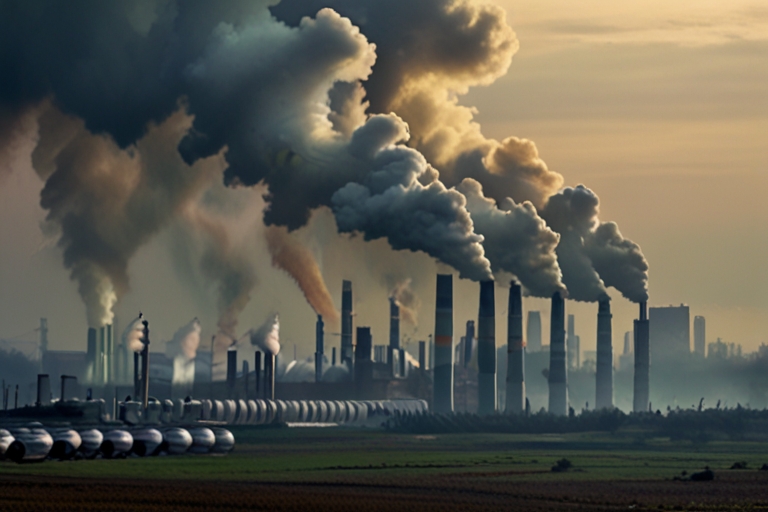Pollution, either air, water or soil, is detrimental to the food market and both contaminates the supply chain as well as affects the consumers demand for the quality of the product. Since the rate of environmental abasement is pushed up, food sector goes through the problems that adversely affect the availability, safety and sustainability of food.
- Polluted soil and water that are used in crop production can be contaminated by pollution, leading to a decline in the quality and safety of the crops. In plants, excress of heavy metals,,,, and industrial chemicals can be stored up reducing the harvest levels, lowering nutritional value of the produce and resulting in health risks for the consumers. This pollution can disrupt supply chains and may even undermine food safety standards; and the consequence is market uncertainties, as well as, consumers’ lack of confidence in their daily dietary intake.
- Trucking chaos Multiple types of bad weather and natural disasters have been associated with pollution, such as droughts, floods, and forest fires, are able to confuse the food production and distribution network. There are various implications that can be seen if the distribution of supplies is interrupted. They include shortages, price variations and unstable markets that affect both the producers and consumers. Secondly, supply chain problems and high transportation costs will also be among the factors of food crisis, which will worsen the problem of food insecurity and discrimination.
- Health Concerns One of the main driving factors to consumers’ food choices to be made healthier and safer is pollution which poses a health risk to consumers, such as respiratory diseases, cancer, and neurological disorders. The transformation of consumer habits towards growing consumption of natural, locally-sourced and sustainably-produced foods might create a fundamental change in business trends and industry operations. The food producers and marketing companies might find it necessary to redesign their packages and marketing strategies accordingly to appeal to the customers who are more aware of the nutritional value and/or are influenced by the regulatory environment.
- Regulatory roles of governments Airing is one probable possible antipollution measure and protection of the society’s health is the other, both of which consume resources of food manufacturers and processors. Strict measures that address pollution, treatment of sewage and emissions can increase the expenditure for businesses as well as administrative strain thereby rising costs which make their profitability and market competitiveness less attractive.

